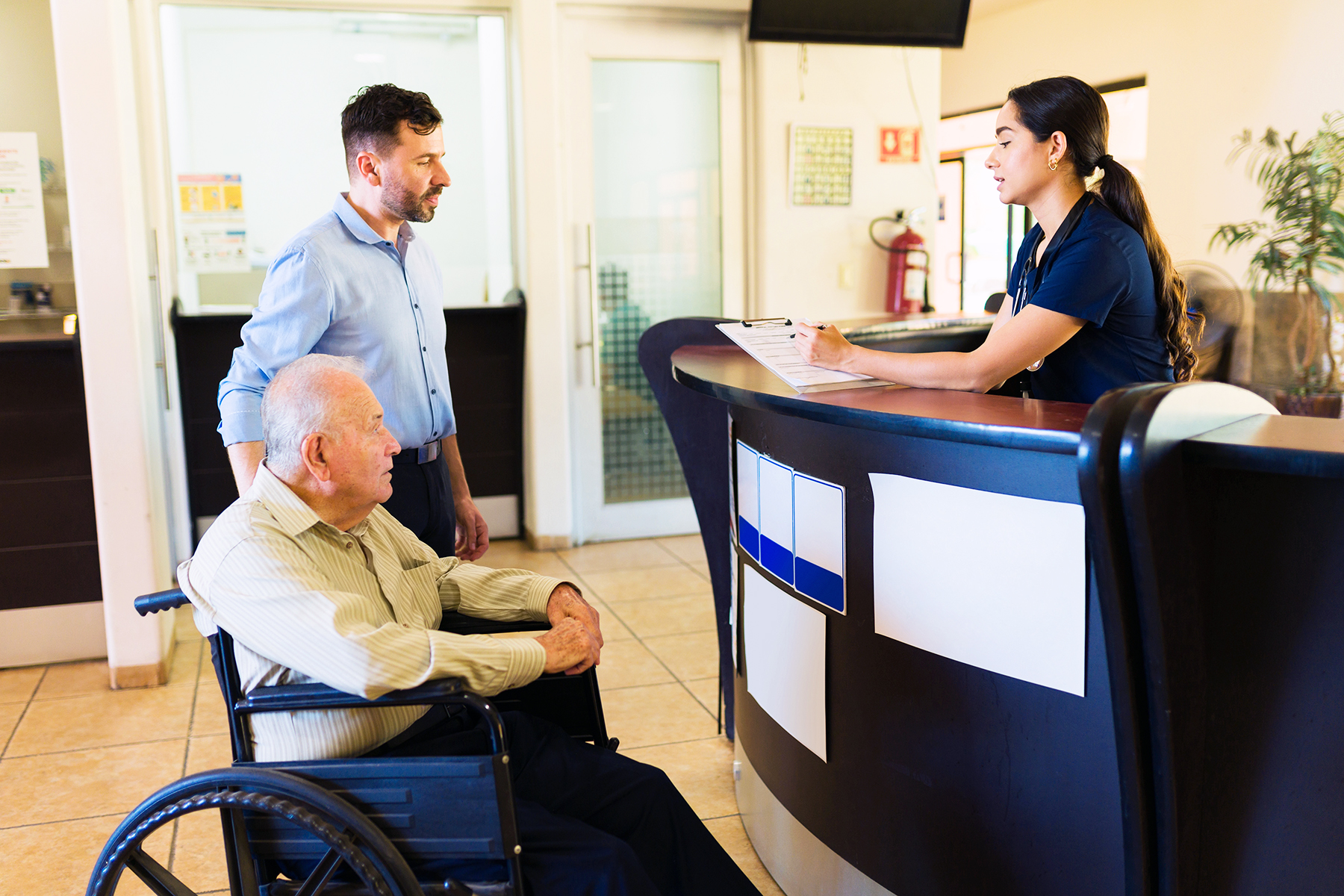
Navigating the holidays while grieving can be a challenging and emotional experience. Grief doesn’t take a holiday, and the festive season can intensify feelings of loss and sadness. Here are some suggestions to help individuals cope with grief during the holiday season:
Acknowledge Your Feelings and Communicate Your Needs:
It’s essential to recognize and accept your feelings of grief. Allow yourself to feel a range of emotions and understand that it’s okay not to be okay during this time. Being who you are, feeling what you are feeling as you participate in the holiday spirit is what is important. You may laugh or you may cry. You may practice remembrance, or you may be afraid of forgetting or bewildered by absence. Be who you are and feel what you feel. Communicate with friends and family about your needs during the holidays. Let them know if you prefer a quiet celebration or if you’d like their company and support. Have a plan and anticipate as much as possible how you would like the holidays to go or what you want to avoid.
Create New Traditions:
Consider creating new holiday traditions that honor the memory of your loved one. This can be a way to include them in the celebrations and create a sense of continuity. You can also take a new approach to things. The holidays are traditional times and traditions are good! But you can forget that they have their own time and place. Assess which to continue and which to stop and try something new.
Scale Back & Set Boundaries:
It’s okay to scale back on holiday activities if you’re not up for the usual festivities. Choose the activities that feel most meaningful and manageable for you. Plan how you want to spend the holidays, whether it’s with family, friends, or alone. Having a plan in place can help reduce stress and uncertainty. Set boundaries with well-meaning friends and family. Let them know if there are certain topics or activities that are too difficult for you, and give yourself permission to step away if needed. Other people can be a support but they also can be a burden. On the one hand, they may want to be there for you. On the other hand, they might have expectations of you that you may not want to meet. It is OK for you to state what you feel and need.
Honor Your Loved One:
Find ways to honor and remember your loved one during the holidays. This could include lighting a candle, creating a memorial ornament, or sharing stories about them. While navigating grief, finding moments of gratitude can be healing. Reflect on positive memories, the love shared, and the impact your loved one had on your life.
Self-Care:
Take care of yourself physically and emotionally. Get enough rest, eat well, and engage in activities that bring you comfort and peace. Recognize that grief is a personal journey, and it may unfold differently for everyone. Be flexible with yourself and others, allowing space for various emotions and coping mechanisms. Remember that it’s okay to prioritize your well-being during this challenging time. Everyone grieves differently, so be compassionate with yourself and allow the holiday season to unfold in a way that feels most authentic and supportive for you.
If the grief becomes overwhelming, consider seeking support from a therapist or counselor who specializes in grief and loss.
Lisa Diez
Director of Hospice & Home Care Consulting























